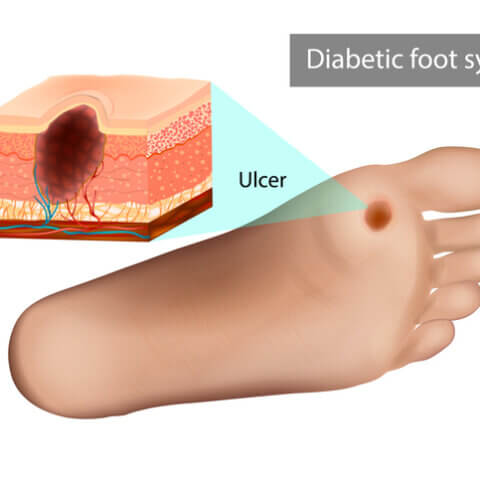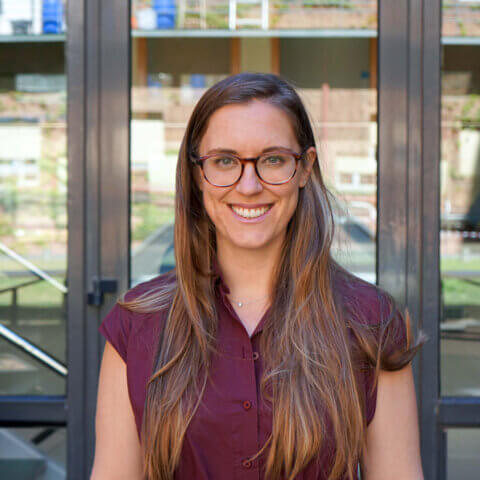APTADEGRAD (Novel, first-in-class, protein degrader-based therapy for diabetic foot ulcer)
Development of a novel therapy using aptamer-base lysosomes to heal diabetic fool ulcers.
Government of Spain

Multicenter national project
01/04/2023 a 31/03/2026
196.898€
ACTIVE

Diabetes has become a global public concern with prevalence rising rapidly over past decades. 537 million adults worldwide suffered from diabetes in 2021 and the incidence is predicted to rise to 643 million in 2030.
A diabetic foot disease is any condition that results directly from peripheral artery disease (PAD) or sensory neuropathy affecting the feet of people living with diabetes. Due to advanced peripheral nerve dysfunction associated with diabetes (diabetic neuropathy), patients’ feet have a dryness of the skin and a reduced ability to feel pain . Hence, minor injuries may remain undiscovered and subsequently progress to a full-thickness diabetic foot ulcer (DFU). DFUs often end in hospitalization, with limb amputations in up to 20% of cases. DFU related mortality is 5% within twelve months, rising to 50-70% after five years. Our innovative targeted degradation, aptamer-based solution will directly address this dysfunction, targeting persistent local inflammation and excessive protease activity. The project will deliver specific, targeted degradation of proinflammatory markers in DFU. The selected targets (IL-1β and metalloproteinases MMP-2 and MMP-9) are central to DFU pathology. Our protein-degrader technology is expected to achieve superior therapeutic results compared to current clinically-available therapies.





